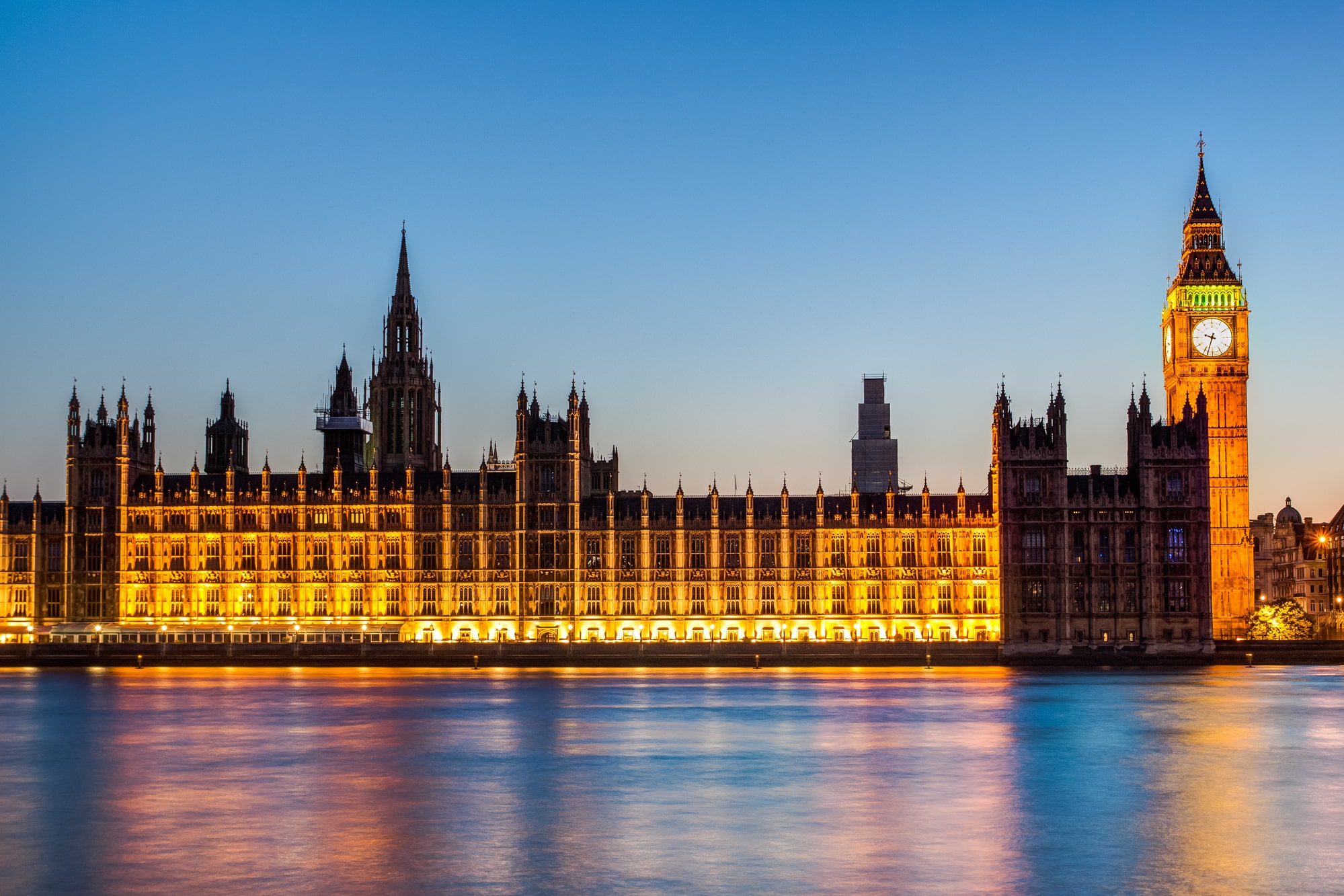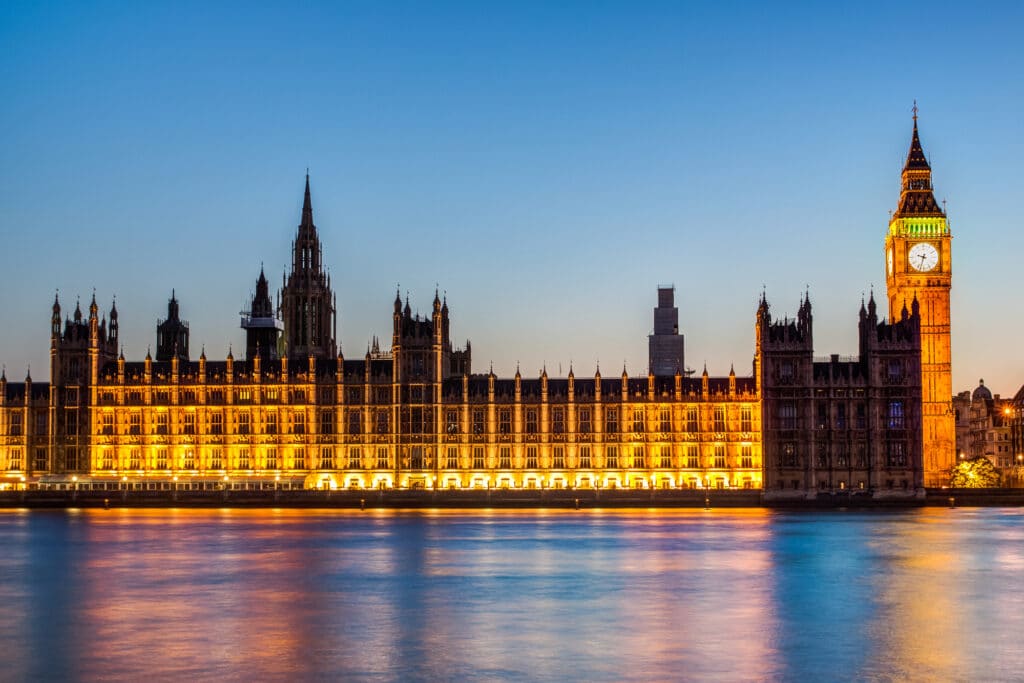How should organisations respond to the changing corruption landscape?
Business Ethics Debates | read time: 5 min
Published: 11 March 2020

GoodCorporation’s first debate of 2020, introduced by Ed Wheatley, Legal Director ABC Compliance, TechnipFMC, explores the changing corruption landscape. The subject was introduced by highlighting some of the key facts of the recent Airbus prosecution.
- Airbus was fined a record-breaking €3.6bn for endemic bribery which took place between 2011-2015 and extended to every continent in which the company operated.
- The fine was larger than all previous sums paid pursuant to a DPA and more than double the total fines paid in respect of ALL criminal conduct in England and Wales in 2018. This fine represented a 50% discount for co-operation and related to five counts of failure to prevent bribery.
Ed summarised the familiar aspects of the prosecution and highlighted where the landscape is changing.
The familiar:
- Joint investigation – in this case France/US/UK.
- Illegal conduct carried out by intermediaries – as is the case in 90% of FCPA prosecutions. Airbus had more than 1,750 intermediaries across the globe. The investigation focussed on 110 for which red flags had been identified. This included the wife of a Sri Lankan executive with no relevant experience.
- Airbus had a plethora of anticorruption policies and had been awarded a certificate for its ABC processes in 2013 – but they were clearly not properly embedded within the organisation.
The new landscape:
- Involvement of the French – the legislative and prosecutorial changes in France have made a significant difference and their involvement in this case demonstrated the effectiveness of their cooperation. The agence français anticorruption (AFA) has real power as businesses can be prosecuted for not having the right controls in place irrespective of whether or not corruption has occurred. In addition, the French investigating and prosecuting agency, the Parquet National Financier (PNF), showed its resolve to prosecute indicating that France looks set to become a key player in the anti-corruption fight.
- The cooperation of authorities in the jurisdictions where corruption took place made a material difference.
- The judgement made it clear that no business is too big to prosecute.
- Cooperation of other agencies – reports from the UK Export Finance (UKEF) provided critical information that enabled the SFO to move forward with prosecution.
Has the corruption landscape changed?
A number felt that the corruption landscape hasn’t really changed and is unlikely to do so until individuals face prosecution and are found guilty. Only when those at the top of organisations or the perpetrators themselves are successfully prosecuted will behaviours really start to change.
Past cases would suggest that those who deny wrongdoing are acquitted, while those that confess are successfully prosecuted. This conveys the message that individuals are unlikely to face criminal sanctions if they choose not to cooperate, making it hard to instil some of the changes needed to prevent corruption.
For some, the fact that corruption scandals are still emerging suggests that the legislative changes and prosecutions to date have not been sufficient to drive effective change. Some even argued that many organisations still have a tick-box approach to compliance which is unlikely to prevent corruption.
Corruption is still seen as a victimless crime and despite the Airbus judgement making it clear that no company is too big to prosecute, DPAs and large fines to large organisations (who can afford to pay) won’t change the landscape.
Others agreed however, that the dial is tipping. The Airbus DPA was felt to be significant and one that would set a precedent. The involvement of France’s PNF adds an extra dimension to global enforcement that should be taken seriously.
The fact that senior executives and managers lost their jobs as well as the scale of both the fine and the investigation has helped get the right messages across to the board. Some are even using the judgement itself as part of their ABC training for senior executives, others are using the case as the rationale for strengthening procedures are updating training.
Also significant was the cooperation of those jurisdictions where some of the bribery had occurred, notably Sri Lanka and Malaysia. Businesses need to understand that the landscape really is changing. Society at large has had enough and there is a real appetite for tough legislation and enforcement.
The French legislation, Sapin II, is felt to be both a game changer, but also the tip of the iceberg as more jurisdictions look to strengthen their legislation rather than see their own companies prosecuted by the Department of Justice (DoJ).
Additional legislation such as the recent amendments to beneficial ownership and AML/CFT regulation were also cited as helping change the landscape, with UWOs in particular demonstrating the impact of individual prosecution.
How should organisations respond?
Much of the discussion focussed on further changes that would make a real difference.
Culture
Preventing corruption needs more than a zero-tolerance statement on the website, it needs cultural and behavioural change. Businesses need to ensure that employees at all levels understand what is expected of them and what they must not do. This needs to be driven from the top; the CEO is pivotal to establishing the right behaviours and making it clear what will and will not be tolerated.
Organisations need to understand their own culture and tailor their training programmes to ensure that the correct messages are communicated, and the right behaviours developed. Businesses will also need to consider how to evidence a good culture which is becoming increasingly important for regulators, investors, reputation and recruitment. The focus needs to move away from the balance sheet towards a greater understanding of how you do business and who you do business with.
Speak-up
Organisations will also need the right speak-up systems. Stakeholders must feel free to report, to know how to do so and feel confident that any reports will be properly dealt with. This includes serious consequences for those found guilty of misconduct. Employees raise health and safety concerns because they are understood to be serious, could have significant consequences for the organisation and will be properly dealt with – this needs to be replicated for bribery and other ethical risks.
Internal monitoring
Policies and procedures must be regularly and carefully checked to ensure they are properly embedded and working on the ground.
The GoodCorporation View
The anti-corruption landscape is highly complex, with prosecutors in different jurisdictions seemingly taking forwards and backwards steps at the same time! For example, the SFO’s recent failures to secure prosecutions has led some UK corporations to consciously or otherwise reduce resource and effort put into ethics and compliance. At the same time AFA’s preventive regime is pushing French corporations to put in place programmes, regardless of risk or prosecution history. It is clear from our clients that many are frustrated by the lack of prosecutions as these would help make the case for investment in rigorous procedures.
The key missing ingredient is culture. We need to capture hearts and minds at a senior level and get senior management to get a real feel for the costs of bribery and corruption. To get the culture right, we need to use the health and safety analogy. Why do companies focus so much on health and safety? Because they have properly grasped the costs of fatalities and serious accidents. Therefore, we should focus on the true costs of bribery and corruption.
GoodCorporation offers a range of services to help companies build and embed effective anti-bribery programmes.
work with us
